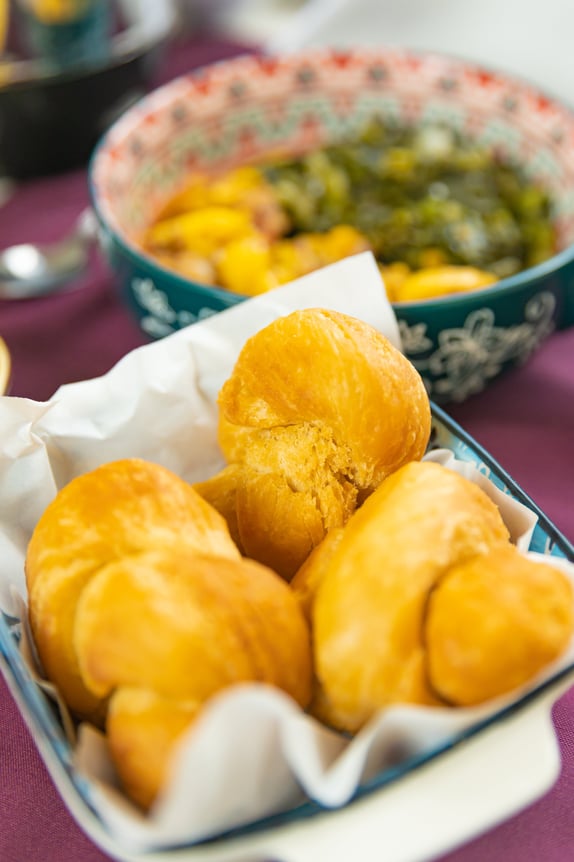Five Jamaican Dishes you MUST try when you Visit Le Vendome at Charela Inn

Many guests are surprised by the Jamaican fare that is offered here at Le Vendome restaurant at Charela Inn, considering our reputation for french fusion cuisine. Our Jamaican cuisine, like everything else in the Caribbean, is a product of colonialism. A fusion of international foods that were created as a result of slavery, just as our speech, patois, is an amalgamation of African languages, English, French, and Spanish.
There are no ‘light’ dishes in the art of Jamaican cuisine. The majority of the meals are decadently spiced with our local scotch bonnet and pimento seasonings, but they are also most likely rich in gravy.
We wanted to offer our guests a chance to sample authentic Jamaican food while on vacation. So here is your chance to treat those taste buds, with five Jamaican dishes you must try during your visit to Negril, Jamaica.
Curry Shrimp
Curry, which dates back to 25000 BC, has evolved into a dish that is now a vital component of Jamaican culture, history, and cuisine. The abolition of slavery brought indentured Indian servants in the seventeenth century from the colony's former English masters to work on sugar cane plantations. With them, they brought curry powder– a mixture of cloves, cardamom, ginger, nutmeg, fennel, saffron, and other spices. You will find on the menu a choice of curry goat, chicken, lobster, and shrimp served with white rice. Our curry shrimp, a favorite, stands out as a fantastic choice for a perfect blend of savoury and sweet.
Fried Dumpling
Originally coined starch slaves would carry with them while making a long trip, the fried dumpling otherwise known as ‘Johnny Cakes’ is often served at breakfast with the national dish, Ackee, and saltfish. Made with love by our pastry chefs, with flour salt, baking powder, butter, and water, it is fried in vegetable oil until golden brown. Although light brown in colour, it is not to be confused with our famous freshly baked croissants!
Ackee and Saltfish
Since ackee and scrambled eggs are both yellow in colour, many non-Islanders mistake them for one another. However, grabbing a small piece of fried dumpling and scooping up a mouthful of ackee and saltfish is, in our opinion, the greatest joy in life. Ackee, a byproduct of colonialism, was introduced to Ghana in the 1700s to feed the Africans who were kept as slaves and made to labor on the island's sugarcane plantations. Ackee and Saltfish is considered the national dish of Jamaica. The saltfish is the imported Canadian salted cod and the ackee you savour at Le Vendome is from our Cocoa Farm in the hills of Hanover, just a few minutes away from Negril. It is frequently served with boiled yam and green banana, both of which Jamaicans refer to as "food."
Jamaican Stewed Peas with Cocoa Farm Grass-fed Beef
Stew peas, a popular dish since the 1940s and regarded as a staple in many Jamaican homes, is often made with coconut milk, red peas or kidney beans, uncured meats, and salted meats like pork and beef. Our grass-fed cows are the source of the beef you taste in our stewed peas. You might notice some ‘spinners’, or flour dumplings if you look at the dish more closely. Usually served over a bed of rice.
Callaloo soufflé
Callaloo made its way to the Caribbean from West Africa via the Middle Passage slave trade and is what we serve today. The heart-shaped leaves of the taro plant, also known as Xanthosoma on the continent and still influencing Caribbean cuisine, are its main component. Callaloo is a tribute to the skillful way that Africans who were held in slavery used indigenous plants and aromatics as a very satisfying staple. Our take on Callaloo is in a soufflé, combining our French heritage with the traditional vegetable.

